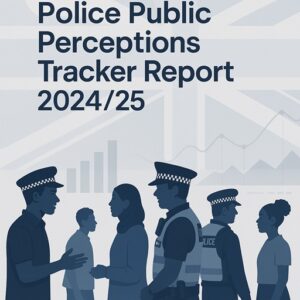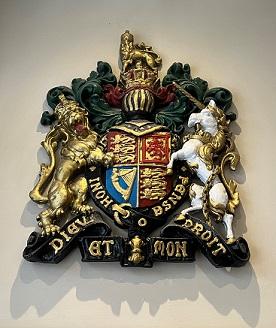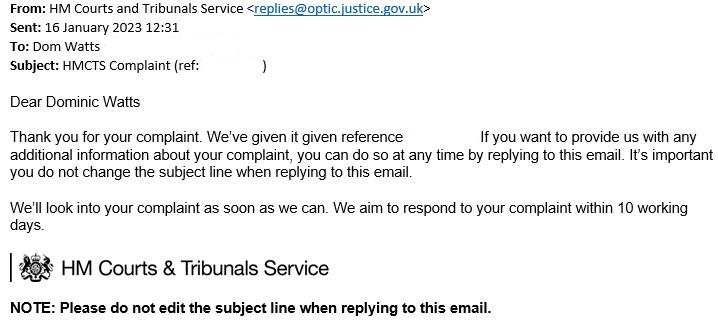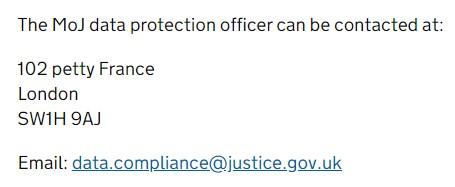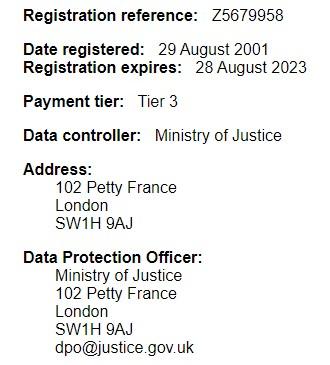Burden and standard of proof are key concepts in the UK legal system that relate to the level of evidence required to prove a case.
The burden of proof refers to the responsibility of the party making an assertion to provide evidence to support it, while the standard of proof is the degree of certainty needed to prove that assertion.
In this article, we will examine the history and examples of burden and standard of proof in UK law.
History
The origins of the burden and standard of proof can be traced back to the Roman law principle of ‘onus probandi incumbit ei qui dicit, non ei qui negat,’ which translates to ‘the burden of proof is on the one who asserts, not on the one who denies.’
This principle was adopted into English law in the 17th century, where it became a fundamental part of the common law system.
In the 18th century, the standard of proof was established as ‘proof beyond a reasonable doubt’ in criminal cases, which required the prosecution to prove their case to a high level of certainty.
In civil cases, the standard of proof was set as ‘balance of probabilities‘ which required the plaintiff to prove their case on the balance of probabilities, i.e., that it was more likely than not that their version of events was correct.
Burden and standard of proof are important in both criminal and civil cases in the UK legal system.
Criminal Cases
In criminal cases, the prosecution must prove their case ‘beyond a reasonable doubt,’ which means that the evidence must be so strong that there is no other logical explanation for the defendant’s guilt.
This is often referred to as the 99% test.
This high standard of proof is necessary because the consequences of a criminal conviction can be severe, including imprisonment or even the death penalty.
One example of the burden and standard of proof in criminal cases is R v Woolmington (1935), where the defendant was charged with the murder of his wife.
The prosecution had the burden of proving that the defendant had killed his wife intentionally or recklessly, and they had to prove this beyond a reasonable doubt.
The defendant claimed that he had accidentally shot his wife while cleaning his gun, and the jury ultimately found him not guilty because the prosecution had failed to prove their case beyond a reasonable doubt.
Civil Cases including Family
In civil cases, the burden and standard of proof are different. The plaintiff has the burden of proving their case on the balance of probabilities, i.e., that it is more likely than not that their version of events is correct.
This is often referred to as the 51% test.
This lower standard of proof is necessary because the consequences of a civil case are less severe than a criminal case, usually involving monetary damages or injunctions.
An example of the burden and standard of proof in civil cases is the case of Re H and Others (Minors) (Sexual Abuse: Standard of Proof) (1996).
The case concerned allegations of sexual abuse against children in care, and the question was whether the standard of proof in such cases should be ‘beyond a reasonable doubt’ or the lower standard of ‘balance of probabilities.’
The court held that in cases involving serious allegations such as sexual abuse, the standard of proof should be ‘balance of probabilities,’ but the evidence must be ‘clear, cogent and convincing’ to establish liability.
In conclusion, the burden and standard of proof are essential concepts in the UK legal system that ensure that justice is served.
The burden of proof is on the party making an assertion, and the standard of proof depends on the type of case, with ‘beyond a reasonable doubt’ required in criminal cases and ‘balance of probabilities’ required in civil cases.
These principles have evolved over centuries of legal practice and are a critical part of ensuring fairness in the administration of justice.
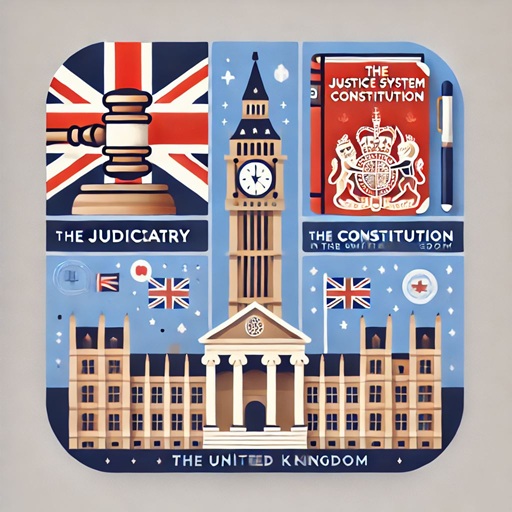





The Ministry of Injustice is not the Ministry of Justice nor is it affiliated in any way with the justice system, legal profession or any law enforcement agencies.
Most Popular ↓




What is Policing by Consent ? What is Two Tier Policing ?
Latest Articles ↓
- What is the Forensic Science Regulator ?Forensic science is a cornerstone of modern criminal justice, providing critical evidence that can make or break a case. However, the reliability and accuracy of… Read more: What is the Forensic Science Regulator ?
- What is the Criminal Cases Review Commission ?The Criminal Cases Review Commission (CCRC) stands as a vital institution within the criminal justice system, dedicated to investigating potential miscarriages of justice. Established in… Read more: What is the Criminal Cases Review Commission ?
- Did Bobby Vylan and the BBC break the law at Glastonbury 2025 ?The performance by Bob Vylan at Glastonbury 2025, where frontman Bobby Vylan (reportedly Pascal Robinson-Foster) led chants of “death, death to the IDF” and “from… Read more: Did Bobby Vylan and the BBC break the law at Glastonbury 2025 ?
- Police Public Confidence and EngagementThe Independent Office for Police Conduct (IOPC) undertake regular surveys to assess the public’s perceptions of the police, as well as their confidence in the… Read more: Police Public Confidence and Engagement
All Articles can be found in the Legal Blog or Sitemap.
You should always seek formal legal advice from a qualified and reputable lawyer (solicitor or barrister).
‘Justice delayed is justice denied’
William Ewart Gladstone
There are a number of links to Free and Paid For Legal Resources and Legal Organisations on the Free Legal Advice , Legal Aid and Pro Bono pages.




